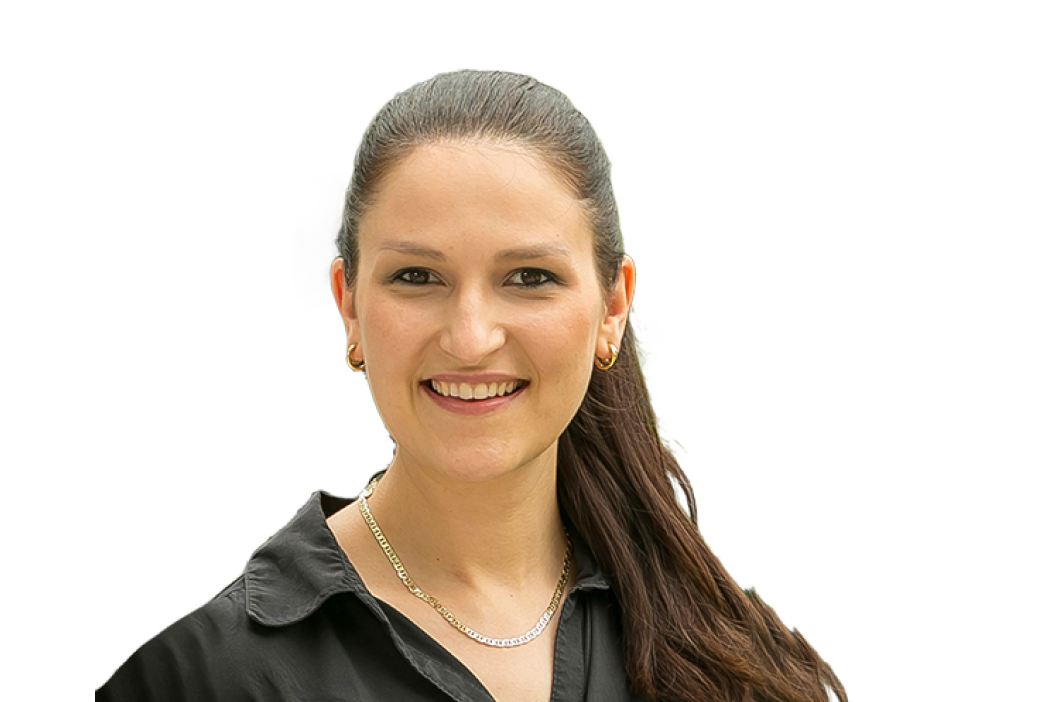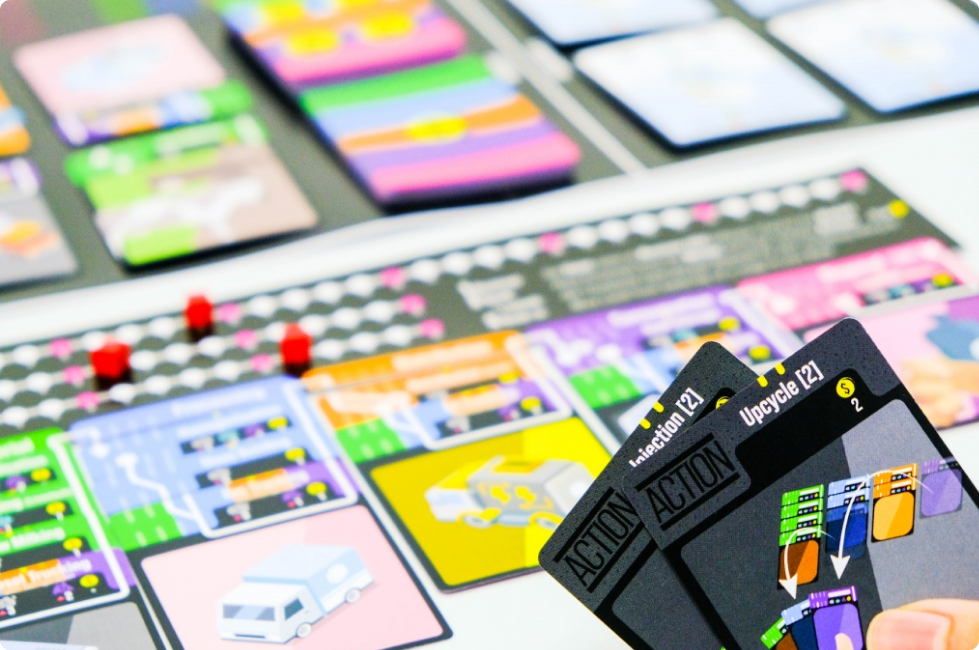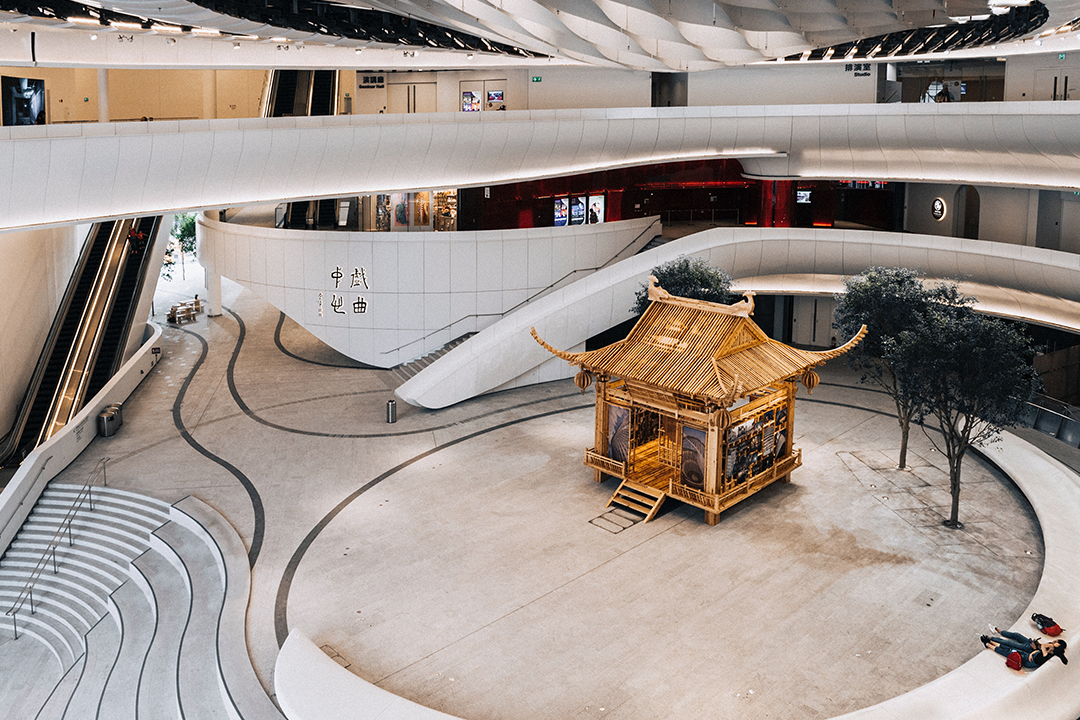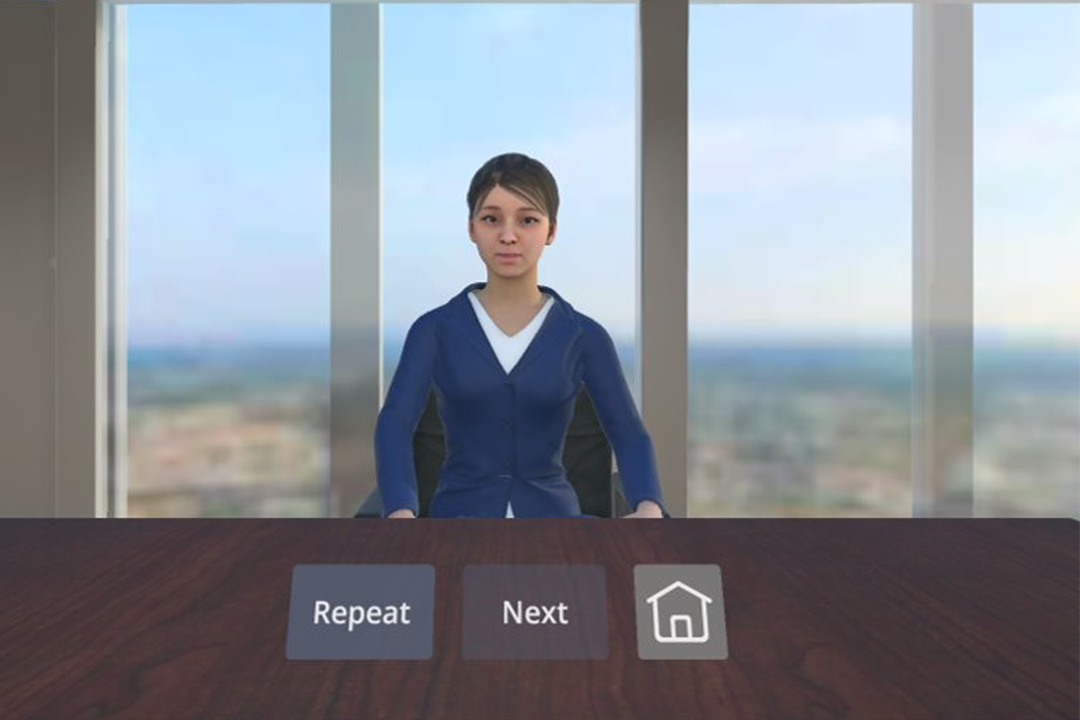About the Innovation

Challenges
Previously, optional ‘Life-cycle Thinking’ workshops were offered in the ENGG 2010 Engineering Seminar Series for all 2nd and 3rd year School of Engineering students. To help fulfill the HKUST2020 Sustainability Challenge, these workshops became mandatory for all ENGG 2010 students from Spring 2019 – 2022. The increase of student intake from 60 to hundreds posed a big challenge for maintaining the resource-intensive active-learning strategies used in the optional workshops.
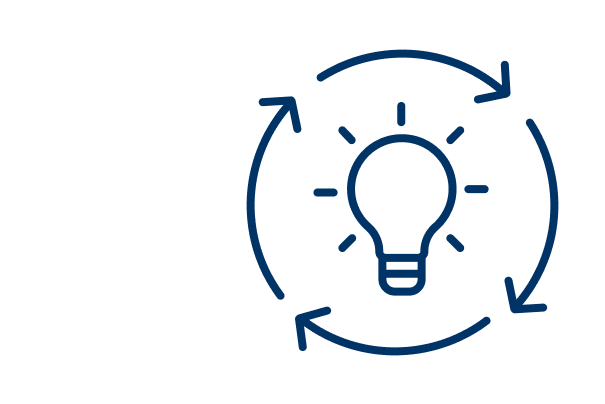
Solutions
To support higher intake as well as disrupted learning during COVID19, Meike Saurwein developed an in-print and digital game (hosted on Tabletopia) with external game designers and a research assistant. In the game, four students are milk company owners and must decide, collaborate, and compete for resources to design end-to-end milk production manufacturing processes. Students are subsequently expected to develop sustainable product lines that strike a balance between revenue and environmental impact.
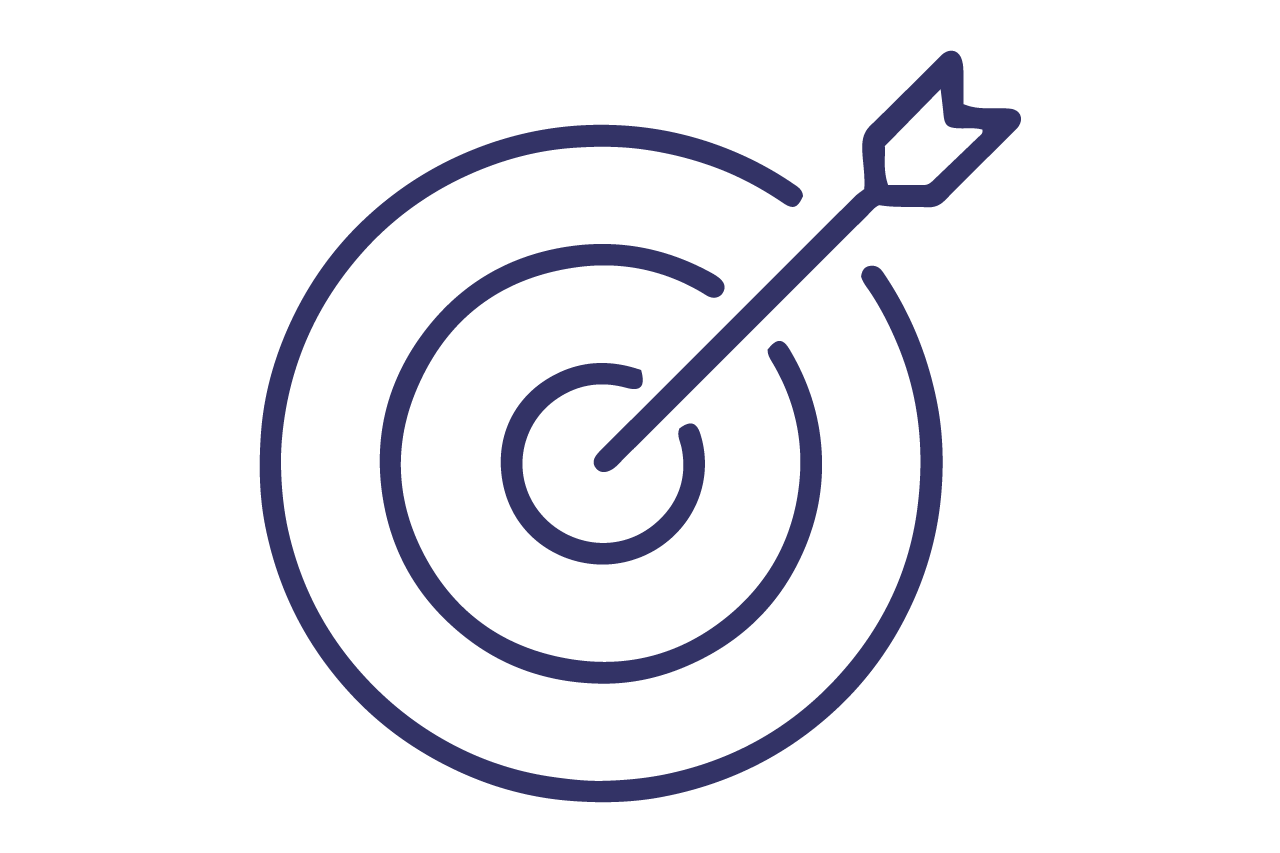
Results
The game was played across large-scale classes competitively and the ‘company’ (I.e. group) with the highest sales of milk with the most reduced environmental impact won. Initially in the game, students managed their own company by building their milk lifecycle from scratch and identifying decisions that had detrimental environmental impact. Students were then given access to improved technology and product design options that could upgrade production lines. Students subsequently learnt how to handle trade-offs such as investment cost for low-impact technologies and balancing environmental impact with market demand.


